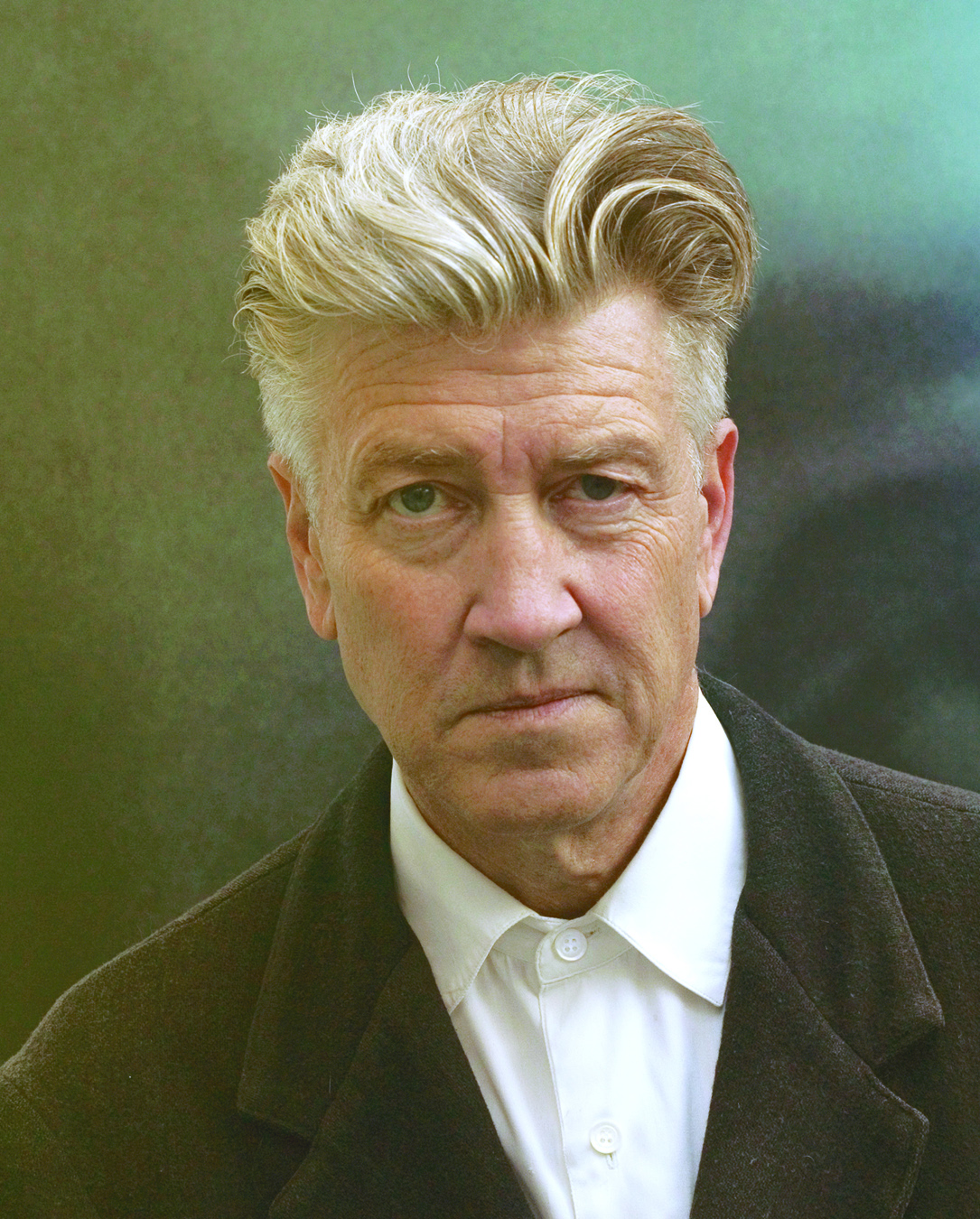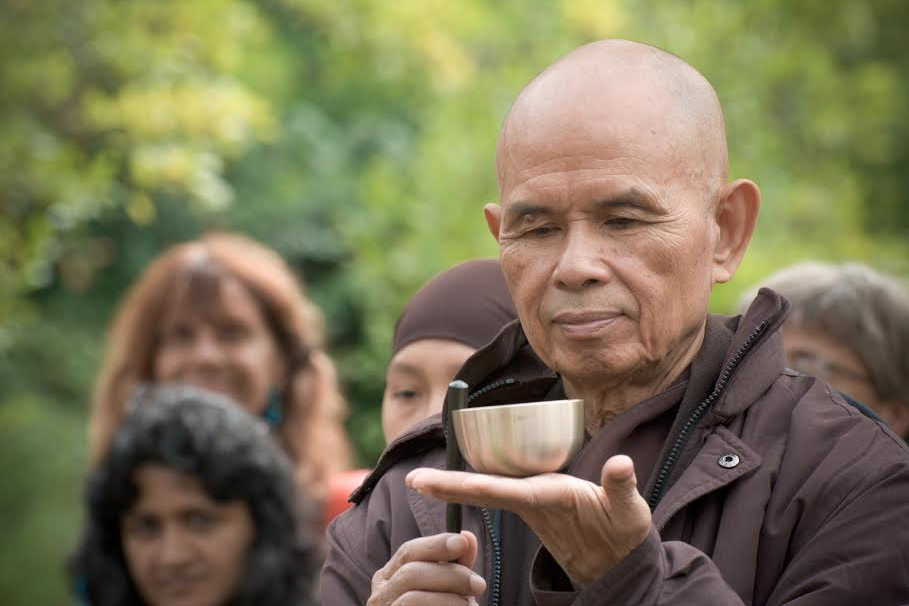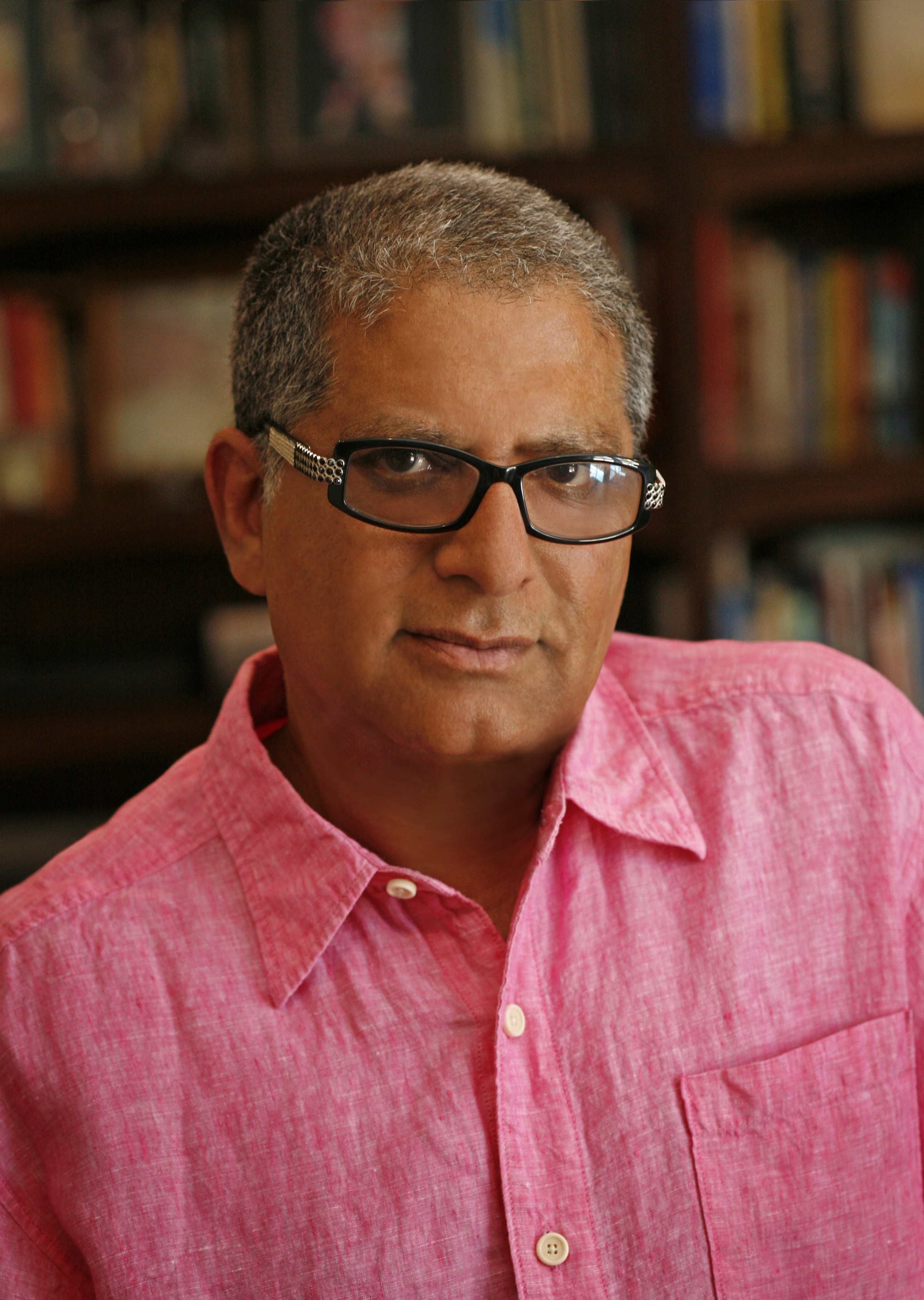David Lynch, Deepak Chopra & Thich Nhat Hanh on Meditation
By Patrick Bridgeman
Meditation is a way to fully connect with our whole self. Being born into a human body and mind confuses most people. We begin to think that we are just that – a body and a mind – but we are so much more. We can catch glimpses of our true self at different times in our life, and those glimpses may very well have been the inspiration for the creation and refinement of the various systems of meditation – systems designed to increase the frequency and duration of those enlightening experiences. If you look, you will find a path that is right for you. For this article, we talked with some of the world’s most famous Meditation practitioners about their journeys of self discovery – of finding what works best for them.
David Lynch
David Lynch, founder and chairman of the Board of Trustees of the David Lynch Foundation for Consciousness-Based Education and World Peace, is an award-winning director, writer, and producer. His work includes The Elephant Man, Twin Peaks, and Blue Velvet.
“I remember working on my first film, “Eraserhead,” and not being very happy. I had everything I could ever want materially but inside I felt empty. It was around that time when I remembered the phrase, “True happiness lies within.” I thought that maybe meditation was a way to get there, but I did not know how to do that, what meditation to choose. Then one day my sister called and said she had started Transcendental Meditation™ and there was just something in her voice, a genuine happiness I had never heard before. That is when I knew I wanted to learn Transcendental Meditation™.
I had looked into different things but was never moved to practice any other technique.
It has been the biggest turning point in my life. When I learned Transcendental Meditation™, I learned how to “dive within” to the ocean of creativity, ocean of happiness, ocean of love, ocean of power within… and I have done that twice a day, every day for 38 years. I have never missed a meditation.
I meditate for 20 minutes in the morning before breakfast and for 20 minutes in the late afternoon, at the end of the day, before dinner and before I spend my evening with my wife Emily.”
When I asked David if meditation affected his relationships, he replied, “Absolutely it affects my relationships because that field is the “self” – the self of us all. Transcendental Meditation™ affects all areas of my life, including my work because before I work I dive into an ocean of pure creativity, get wet with that, and then come out and express that in everything I do.
There lies within every human being – and I mean every human being – an infinite field of energy, love, intelligence, bliss – and you can experience that field, you can be that field, and you can live that field in your daily life. That is my most amazing experience from meditation – and I experience that every day.”
Thich Nhat Hanh
One of the best known and most respected Zen masters in the world today, poet, peace and human rights activist, Thich Nhat Hanh has led an extraordinary life. Born in central Vietnam in 1926, he was ordained a Buddhist monk at the age of sixteen. Just eight years later, he co-founded what was to become the foremost centre of Buddhist studies in South Vietnam, the An Quang Buddhist Institute.
Since his days in Vietnam, he has been a leading proponent of “engaged Buddhism,” a way of life and a spiritual practice that works actively in the world to relieve suffering.
The reverend Dr. Martin Luther King, Jr. was so moved by him and his proposals for peace that he nominated him for the 1967 Nobel Peace Prize, saying, “I know of no one more worthy of the Nobel Peace Prize than this gentle monk from Vietnam.”
His practice, Mindfulness, is the energy of being aware and awake to the present moment. It is the continuous practice of touching life deeply in every moment. “To be mindful is to be truly alive, present and at one with those around you and with what you are doing. It is about bringing our body and mind into harmony while we wash the dishes, drive the car or take our morning shower.
Mindful Movements and Deep Relaxation can support our health and happiness, and keep us in touch with our body. We learn to be gentle with ourselves and to give ourselves space to understand and to grow. Practicing in this way, our body becomes our friend.
Our breathing is another stable, solid ground that we can take refuge in. Regardless of our internal weather – our thoughts, emotions and perceptions – our breathing is always with us like a faithful friend. Whenever we feel carried away, or sunken in a deep emotion, or scattered in worries and projects, we can return to our breathing to collect and anchor our mind.”
Sitting
“Knowing when to rest is a deep practice. Sometimes, we try too hard in our practice or we work too much without mindfulness; thus we become tired very easily. Sitting meditation is like returning home to give full attention to and care for our self.
We realise we can just be with whatever is within us – our pain, anger, and irritation, or our joy, love, and peace. We are with whatever is there without being carried away by it. Let it come, let it stay, then let it go. No need to push, to oppress, or to pretend our thoughts are not there. We are free to be still and calm despite the storms that might arise in us.”
Walking
“Wherever we walk, we can practice meditation. We walk just for walking. We walk with freedom and solidity, no longer in a hurry. We are present with each step. Looking around, we see how vast life is, the trees, the white clouds, the limitless sky. Listen to the birds. Feel the fresh breeze. Life is all around and we are alive.”
Working
“Working Meditation links us to our everyday life, both here and when we return home. As we are working at our computer or preparing dinner for our family or teaching a class, we can practice stopping, calming and refreshing ourselves with our conscious breathing. We can relax and smile at our co-workers and pace ourselves to maintain a light and serene state of being.”
Eating
“Eating a meal together is also a meditative practice. As we serve our food, we can already begin practicing. Serving ourselves, we realise that many elements, such as the rain, sunshine, earth, air and love, have all come together to form this wonderful meal. In fact, through this food we see that the entire universe is supporting our existence.”
Hugging
“When we hug, our hearts connect and we know that we are not separate beings. Hugging with mindfulness and concentration can bring reconciliation, healing, understanding, and much happiness. The practice of mindful hugging has helped so many to reconcile with each other – fathers and sons, mothers and daughters, friends and friends, and so many others.
We may practice hugging meditation with a friend, our daughter, our father, our partner or even with a tree. To practice, we first bow and recognise the presence of each other. Then we can enjoy three deep conscious breaths to bring ourselves fully there. We then may open our arms and begin hugging. Holding each other for three in-and-out breaths. With the first breath, we are aware that we are present in this very moment and we are happy. With the second breath, we are aware that the other is present in this moment and we are happy as well. With the third breath, we are aware that we are here together, right now on this earth, and we feel deep gratitude and happiness for our togetherness. We then may release the other person and bow to each other to show our thanks.”
Deepak Chopra
Deepak Chopra is a world-renowned authority in the field of mind-body healing, a prolific author of more than 55 books, including 14 bestsellers on mind-body health, quantum mechanics, spirituality, and peace, and the founder of the Chopra Centre for Wellbeing.
“I was a highly stressed out doctor in Massachusetts, working 14 to 16 hours a day and smoking and drinking to cope with the pressure. I had heard about meditation as a way to relax and release stress, so I immediately checked it out and began meditation the next week.
I began by learning Transcendental Meditation™ and practiced it for many years. Subsequently, I have practiced Mindfulness meditation, and breath meditation as well. Now I practice Primordial Sound Meditation.
Even though I began meditation for health reasons, I soon discovered that the real basis of the benefits of meditation come from the experience of the true self. That spiritual experience of pure awareness was the real beginning of my journey of awakening.
The field of inner silence is the wellspring of all inspiration and creativity. At first I needed to quiet down in meditation to contact that pure creativity within, but now, that connection is so well established that it is always available.
I have had innumerable life-changing insights that emerged from meditation, and they are all centred around one theme: the innermost self is the universal self, and the wholeness of the cosmos is my true self.
Relationships only work if you have love, compassion, and energy inside you to give to others. Meditation develops self-awareness so that you discover your essential nature is an infinite source of love, joy, energy and intelligence. That is who you truly are. As that grows stronger, it will naturally express itself in all relationships.
I meditate early each morning for about an hour. Because most days of the year I am travelling, I will meditate wherever I am. All I need is a comfortable place to sit.”
When I asked him what tips he would give to people trying meditation for the first time, he said, “Make sure you are practicing a meditation technique that doesn’t involve any mental straining. It should be easy and something that incorporates the natural tendency of the mind to move from one state to another. Meditation should be approached without any expectations, i.e. don’t imagine that the only good result of meditation is perfect tranquillity or visions of angels. A good meditation can be full of thoughts and restlessness, if it is clearing away the precise blocks to your spiritual growth that need to be removed at that time.
Don’t worry about the incense, the beads and meditation blankets. Just find a comfortable place to meditate undisturbed for 20 minutes, and practice your technique without effort, knowing that you are putting yourself in the stream of cosmic intelligence and that whatever experience comes during that time is exactly what you need for your spiritual growth. Your higher self knows what you need to grow, far better than your conditioned mind.”
There are as many types of meditative practice out there as there are people. What works for you works because you are you. For some, it’s sitting cross-legged focusing on their breath going in and going out. For others, it’s losing themselves in dance and music. I feel connected when I’m holding a healing space and helping others to more fully connect with their true self. You have a way also. You may already know it, or you may be inspired to try something that you have read about in this article. If it feels like it’s moving you in the right direction, chances are you’re onto a winner.
Read more articles on meditation and mindfulness >
To book a healing session with Patrick call 0857882678 during office hours.
David Lynch www.davidlynchfoundation.org
Thich Nhat Hanh www.plumvillage.org
Deepak Chopra www.chopra.com





